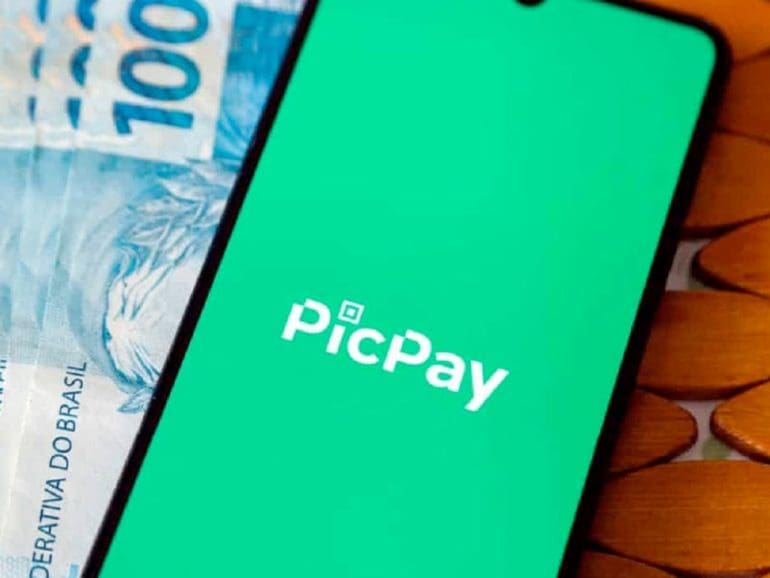Last month, Brazil’s PicPay, one of the largest digital wallets by the number of users, launched its peer-to-peer lending business for companies.
It is one of the first fintechs in the country to do so and represents its latest innovation in a bid to enhance the product suite.
The feature will complement a previous peer-to-peer lending alternative targeted at individuals. It will now allow users to generate a return by lending to companies as well through the app.
In early 2021, PicPay introduced the so-called “Loan club,” where users could invest and borrow through the platform. The fintech claims it has seen significant interest in the product, leading it to consider an alternative for company financing.
The name resembles that of Lending Club in the U.S., a worldwide pioneer in peer-to-peer lending.
Investor base growing
In a press release, PicPay said the investor base is growing at a 25% per month rate and that volume lent is rising fast, now ten times its initial stock “in the first few months.”
“PicPay greatly expanded its user base and also its portfolio of solutions, both financial and non-financial, strengthening its ecosystem,” Bruno Diniz, a fintech adviser in Brazil, told Fintech Nexus. “The company is already one of the most important fintechs and has the potential to be a successful case of a local super app.”
From now on, the application will allow users to lend their money directly to companies and collect interest on the loan. According to the release, the investment has a maximum return of 20% per year, a payout that remains “above most alternatives in the market.” Inflation in Brazil was 5.9% in the 12 months leading to November.
“The new product is an option for the user to diversify the investment portfolio and a faster, less bureaucratic, and tax-free way for companies to obtain resources to finance their projects and growth plans,” the company said.
Peer-to-peer lending in Latin America is not new. However, just a few fintechs offer it just yet. According to a report by the Inter-American Development Bank, only 6% of credit fintechs provide peer-to-peer lending to companies, while 7% do so in the consumer space.
On the contrary, 56% of Latin American startups tackle regular consumer lending, while 20% grant loans to businesses.
Growing userbase
PicPay is owned by J&F Group, a holding company that owns Banco Original in Brazil. During the second quarter of 2022, the company reported a sharp spike in user growth from 55.4 million to 71.2 million at the end of July, up 29%. In the year’s first half, total revenue reached 1.3 billion reais compared to 358 million in the first half of 2021.

However, the company reported a 663.8 million reais loss, almost double the 354.4 million booked a year ago. The company is incurring in greatest costs as it seeks to expand its product offering and extract more revenue from its customers.
Lending to companies is especially relevant in Latin America, as higher interest rates and a risk-off mode in debt markets leave many businesses with fewer funding alternatives.
PicPay did not clarify, though, if it will eventually open the possibility for small and medium-sized companies to seek financing.
How it works
The amounts sought by borrowers are split into “quotas” or shares and distributed to investors with a cap of 15,000 reais a piece, or $3,000. Each contract will carry different deadlines, rates, and risk. PicPay said borrowers undergo a credit analysis which is made available for the investor to assess.
Initially, financing will be restricted to companies within the J&F Group. These include Âmbar Energia, a renewable energy company; Flora Urbanismos, a real estate firm; and meatpacker JBS, the world’s largest food company.
“Soon, new companies and from different sectors should raise funds on the platform,” the company said.
Peer to Peer lending was regulated in Brazil by the central bank in 2018. There is a particular classification for companies involved in these kinds of intermediation which connects borrowers and investors.
Related:
- How new payments regulations in Brazil could affect fintech sector
- Buy Now, Pay Later fintechs plow ahead to serve the underbanked in Brazil
- Lack of data bogs down BNPL growth in LatAm, and open finance could change this
The credit market in Brazil is one of the most lucrative worldwide, with annual interest rates that can easily reach triple digits in consumer and credit card loans, as well as SME financing.
PicPay said companies could access “better and simpler” pricing for funding, while investors could diversify their portfolio with “a very attractive annual return.”


